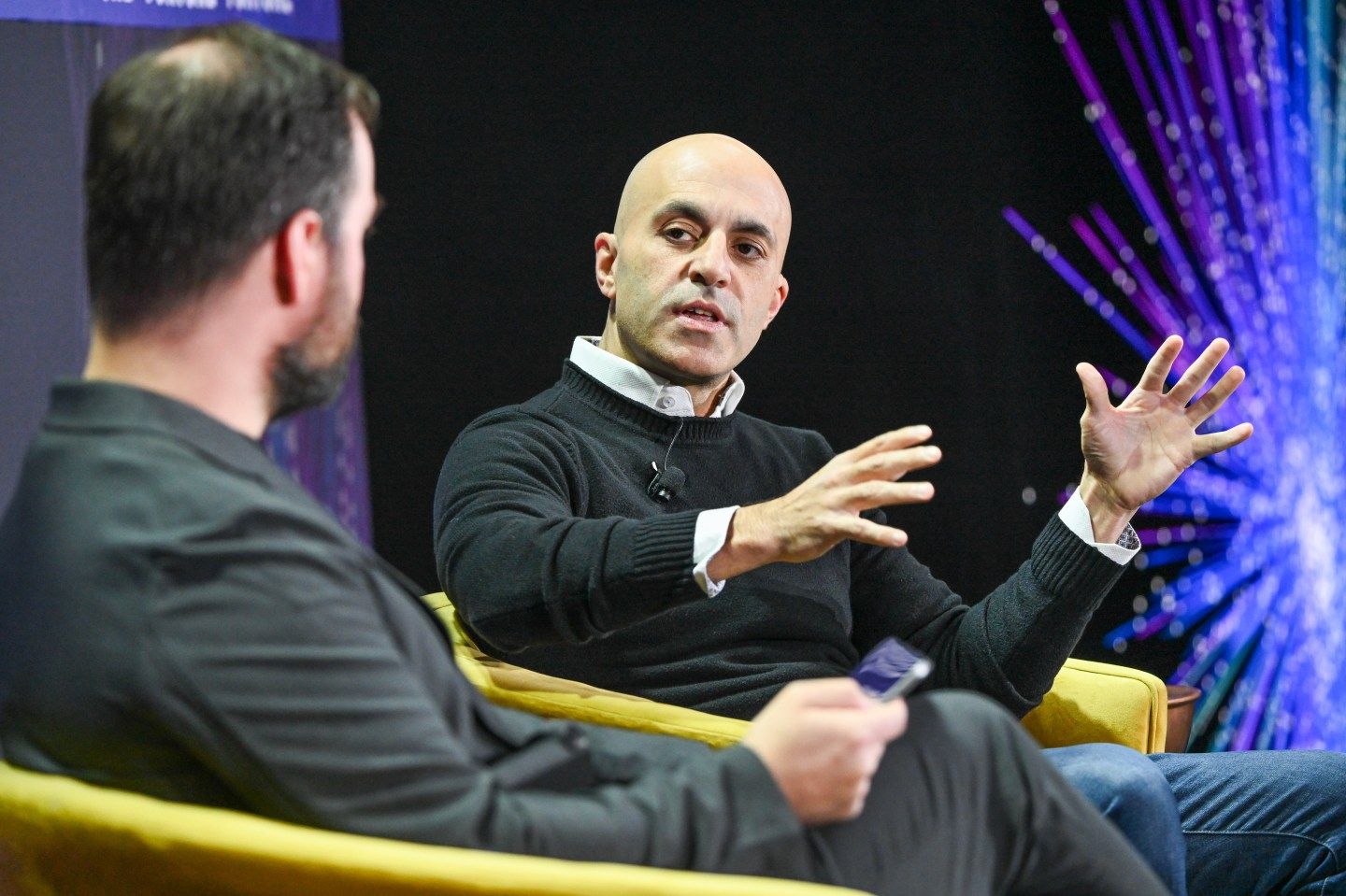Good morning.
Over the long weekend, I read The Friction Project, a new book out from two of my favorite business school professors, Robert Sutton and Huggy Rao of Stanford. They spent seven years working with companies to remove the bureaucratic sludge that slows down organizations and thus are able to combine the best of academic behavioral science with real world examples.
But what really makes this book compelling is that, while citing pointless and soul-crushing friction as the biggest problem most companies face, it also recognizes that sometimes friction is good. The authors make an example of Google’s Sergey Brin, who rushed Google Glass to market in 2012, only to have it collapse under the weight of hardware and software problems, bad battery life, unresolved privacy issues, and reviews that called it “the worst product of all times.” Some friction would have helped.
So how do you get rid of the bad friction while protecting the good? Some of my takeaways:
Start with self-awareness. CEOs frequently complain that it’s middle management that mucks up execution. But Sutton and Rao found many leaders whose own habits prolonged meetings, wasted time, and misdirected others in countless ways. “If you wield influence over others, you may become oblivious to the inconveniences that you heap on the people below you, and that your organizations heaps on clients and customers.” Best to think of yourself as a steward of your employees’ time, as well as your clients and your customers.
Champion subtraction projects. “Humans default to asking ‘What can I add here?’, not ‘What can I get rid of?’” Friction-fighters create new rituals to ensure the opposite. Have teams identify wasted effort, pointless practices, and unnecessary impediments to action and systematically remove them.
Beware of ‘coordination neglect.’ People are prone to fixate on their own part of the organization and ignore how the parts need to work together. Sutton and Rao cite Steve Ballmer’s Microsoft as an example: employees throughout the organization were stack ranked, leading to “management by character assassination.” Satya Nadella eliminated the stacked ranking system and encouraged employees to be not “know-it-alls,” but “learn-it-alls.”
Apply ‘good friction’ when needed. The “move fast and break things” approach clearly has its limits — ask anyone at Boeing. Sutton and Rao advise applying friction at key moments, particularly when irreversible and costly decisions are about to be made. One suggestion: take a pause to conduct a “pre-victorem” or a “pre-mortem,” imagining in advance the reasons why your project or product ultimately succeeded or failed.
There’s a lot more in this rich book, and it is presented in an entertaining style. Count it as 2024’s first addition to your canon of business books. More news below.

Alan Murray
@alansmurray
[email protected]
TOP NEWS
There’s too much nickel
Australian aid “may not be enough” to save the country’s nickel industry, warns BHP CEO Mike Henry. Australia is considering tax credits and other government support for miners as the industry struggles with a glut of cheap metal from Indonesia. BHP wrote off the entire value of its nickel mine in Western Australia, contributing to an 86% drop in net income for the final six months of 2023. Financial Times
Capital One wants Discover
Capital One will buy its rival Discover Financial Services for $35 billion. The merger, the largest of the year so far, would create the U.S’s biggest credit card company by loan volume. Buying Discover could help Capital One, which has traditionally focused on subprime consumers, reach more premium customers. Bloomberg
The first major CHIPS Act grant
The U.S. Delivered its first major grant of CHIPS Act subsidies, giving $1.5 billion to U.S. Chipmaker GlobalFoundries. The company plans to use the money for its project in Malta, N.Y. Chipmakers like TSMC and Intel have delayed plans to start U.S. Manufacturing, blaming a sales slump and a lack of skilled labor. Reuters
AROUND THE WATERCOOLER
Gen Z are treating employers like bad dates: 93% ghost interviews and 87% have not even shown up for their first day of work by Orianna Rosa Royle
Chinese consumers spend big to welcome the year of the dragon—but analysts don’t yet see signs of a ‘meaningful recovery’ by Lionel Lim
A majority of workers are desperate to upskill, but Gen Z is more likely to head back to the classroom by Emma Burleigh
Why a major Wall Street bank is accused of inventing a fake job title and telling its new ‘head of loan trading’ in Germany never to use it by Prarthana Prakash
Sanofi CEO: AI promises a great era of drug discovery that could fundamentally change medicine–but only if we allow it to deliver by Paul Hudson
This edition of CEO Daily was curated by Nicholas Gordon.
This is the web version of CEO Daily, a newsletter of must-read insights from Coins2Day CEO Alan Murray. Sign up to get it delivered free to your inbox.














